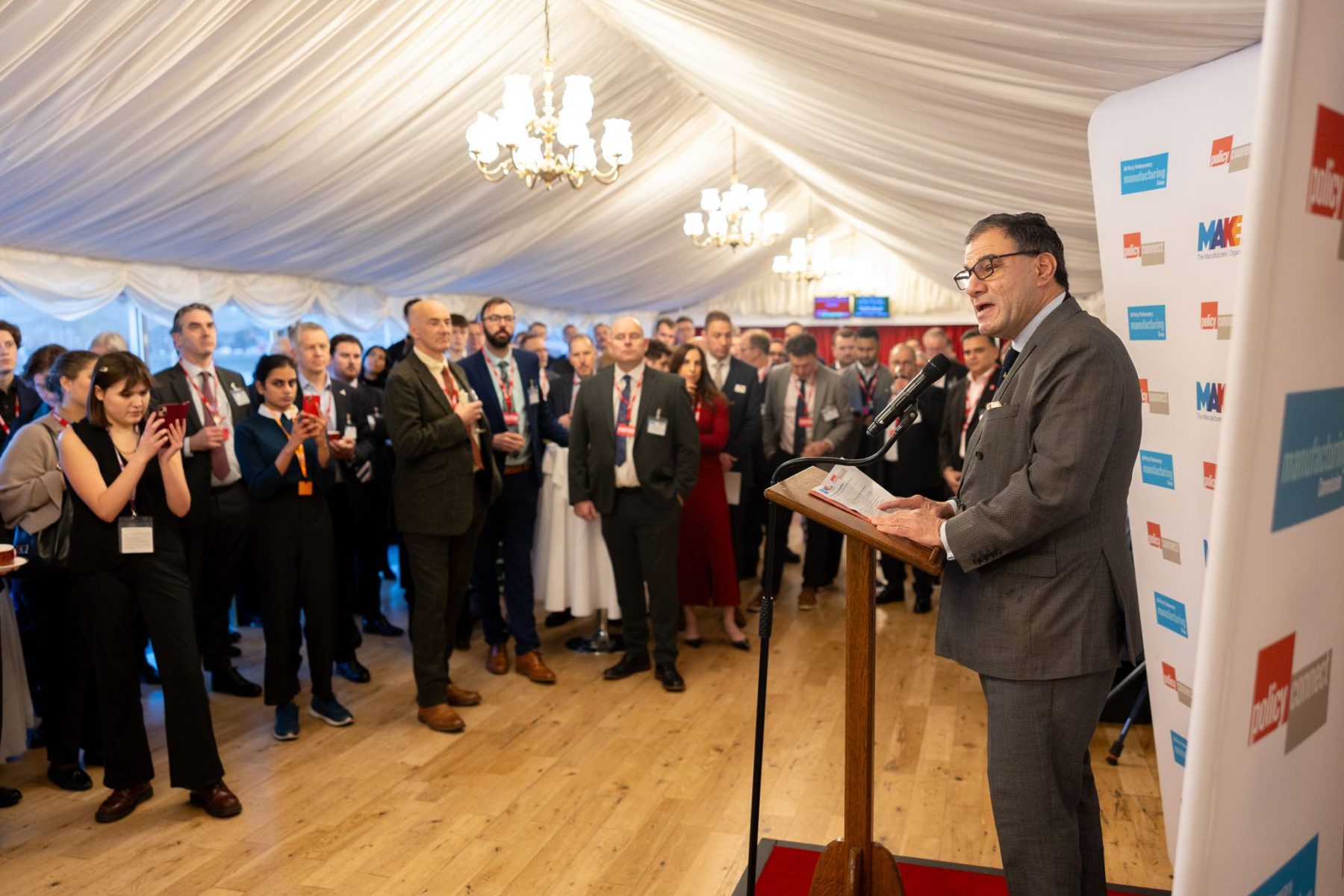With the election conversations turning on major national issues, the time has come for ongoing local problems to be addressed. In this blog Ben Carpenter Merritt looks at why the next government need to think small to meet big targets.
As the election goes on, parties will offer their solutions to the big national challenges of housing, transport, clean growth, left behind places and net zero. In working towards these national challenges, campaigning parties should be looking to build on the existing framework of the Industrial Strategy, by focusing in on places and localised interventions through strong Local Industrial Strategies.
As former BEIS Secretary of State Greg Clark recognised, addressing these underlying challenges is impossible to do from Westminster, which is why he committed the government to Local Industrial Strategies across the country, to be jointly signed off by central government and the chairs of Local Enterprise Partnerships (LEPs). The intention of these local strategies is to ensure location specific challenges can be addressed by those best placed to understand and address them.
However, since their inception, the process has not been entirely smooth. The time period allocated to these strategies (all must be completed by early 2020) risks considerable variance in the quality of the strategies being created, not due to varying ability, but varying capacity between areas. It is also a concern that the next administration may decide not to continue the Industrial Strategy as a whole, let alone the Local Industrial Strategy, looking instead to a new way of working.
To do so would be a profound mistake. Much good work has been done both nationally and by regional stakeholders to identify challenges and opportunities and to throw this valuable work away now would be an error. Instead, the incoming government should seek to build on the existing foundations and utilise them to address some of the biggest challenges facing the country.
If the next government is serious about addressing the disparities between our most prosperous areas and our least, it must look holistically at local policy making. Local challenges like inadequate housing provision, stifled business growth and poor public transport are inextricably linked to one another through planning requirements, a lack of strategic planning and outdated industrial zoning. If the government were to take a holistic view of these connected local challenges, they would see the opportunity they pose to work towards the major challenges of Net Zero and clean growth.
A successful country should have no areas that have been left behind, but in order to achieve this, the country will require localised intervention based on the knowledge of those who know best – the people who live and work there – and that is exactly what the Local Industrial Strategy should be. If the next government get this right, it can connect opportunities across the country, add value to the whole economy, create more high quality jobs, forge better and greener transport links, create housing fit for the demands of today and enable us as a nation to address the major challenges of tomorrow.




